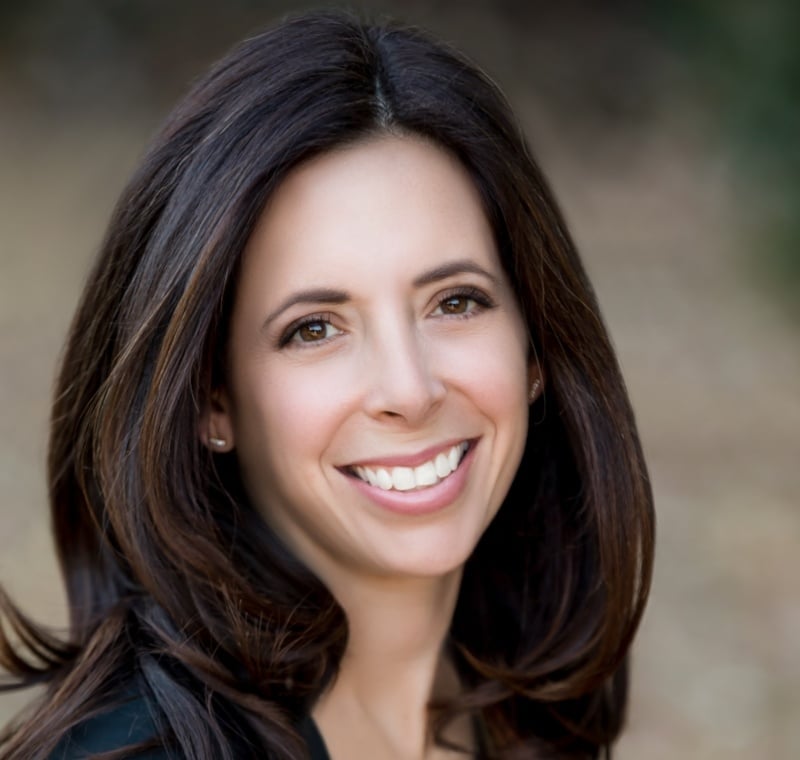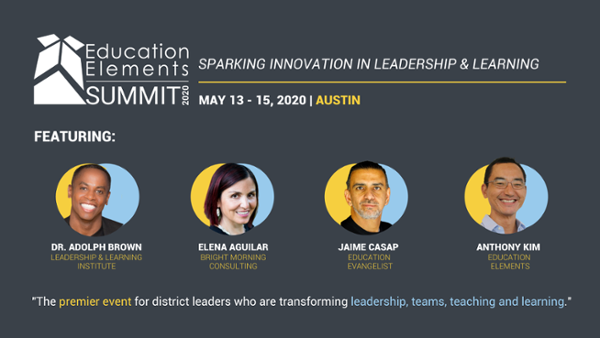A few months ago I attended ICLE’s Leadership Academy in Atlanta and heard Dr. Tyrone Howard speak. His talk was a powerful one, addressing the differences between equity and equality, the need to support all students, and a call to action to have difficult conversations, call out bias and microaggressions, and make sure that we see our students, understand and empathize with them, and educate every single one of them.
One of the things that stood out the most was the idea of the Pedagogy of Poverty vs Pedagogy of Plenty.
Pedagogy of Poverty:
|
Pedagogy of Plenty:
|
The number of students living in poverty continues to grow. According to Howard, there are 15.5 million children living in poverty in the US, and some believe that adjusted poverty level puts that number close to 25 million. For African American, Latino and Native American children the numbers are 1 in 3.
I often find myself in schools within districts where the number is closer to 100%, and all of the students qualify for free and reduced lunch. And sometimes walking those halls, I see the teacher in the front of the classroom giving information, asking right answer questions, and giving low level tasks. Sometimes the students are listening, sometimes they are working, but just because they are quiet, doesn’t mean that they are engaged. In other schools, I see the opposite. The environments are literacy rich, the students are actively problem-solving, there is collaboration, meaning-making and there are authentic tasks. Those are the classrooms I wish I saw everywhere.
As schools shift to more student-centered learning practices, or begin to personalize learning, there is often an explicit ask of teachers, or at least an implicit hope, that they are able to move towards the pedagogy of plenty – but it requires real deliberation and shifts in practice. Personalized learning requires a different type of contract with students. It requires us to know our students, not just to teach them. It requires us to not think of obvious tasks, but instead design meaningful and authentic ones. It asks of us that we help students learn through solving problems, not through giving them problems to solve. It asks us to connect more - to our students and to connect the work we do with students to the world. When we are personalizing learning we are giving all students the type of teaching that used to be reserved for just some of them. Leaders that are moving towards personalized learning should make these connections for their teachers, and remember to provide them with the tools, strategies and support they will need to move not only towards student-centered learning but also from the pedagogy of poverty to that of plenty.
Deeper Dive – Personalized Learning: The Present and Future of Education
The research shows that this is not just a good idea; it is essential. According to Eleanor Dougherty and Patte Barth, “poor and minority children are systematically bludgeoned into low academic performance with a steady dose of low-level, boring, if not downright silly assignments and curricula.” It is no wonder student engagement is low in the environments they describe.
As you consider the benefits of personalized learning, creating learning environments everywhere that mirror the ones we often see in wealthier schools is another one to add to the list. As my colleague mentioned in his post, “How Can Personalized Learning Support Educational Equity?”, personalized learning doesn’t always equate to more equitable outcomes, but it can and should. With proper support, strategies and modeling, personalized learning can help teachers shift their teaching practices to focus on the pedagogy of the plenty, and we can begin to chip away at yet another way our systems disadvantage poorer students.
Related Resource – A Case for Culturally Responsive Pedagogy in Classrooms
Are you looking for opportunities to learn strategies to address challenges like the pedagogy of poverty in your own school or district? Join us at the Personalized Learning Summit 2020 in May to meet education experts and innovators from across the country, network and collaborate, and learn in sessions like Transformative Thoughts, Design Challenges, and Personalized Learning Simulations. Click below to learn more.




